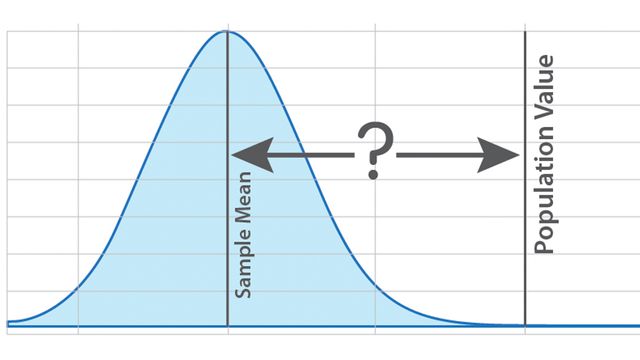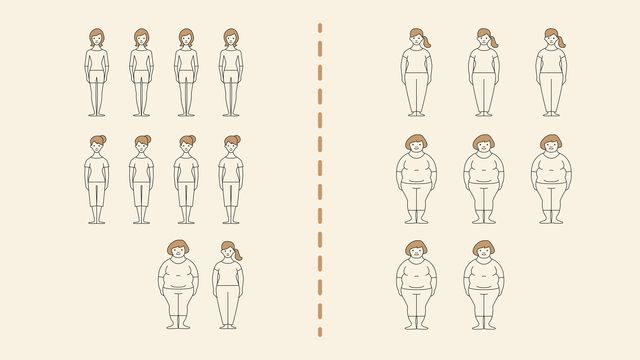Featured Articles
Latest Articles

Article
What’s the Current State of ME/CFS Research?
Dr. Emma Slack, Science Writer at ME Research UK, updates Technology Networks on the latest chronic fatigue illness research advancements.

Article
Synthetic “Alien” DNA Provides Opportunities for Disease Diagnostics and Treatment
Technology Networks spoke to Dr. Steven Benner to learn more about what synthetic "alien" DNA can tell us about life on other planets and how this technology could be harnessed to improve disease diagnostics and treatment.

Article
How Is CRISPR Gene Editing Being Used in Infectious Disease Research?
CRISPR gene editing has enabled scientists to rewrite the genetic code of living organisms and is revolutionizing medicine. Here, we highlight some of the latest applications of CRISPR gene editing in infectious disease research.

Article
How To Enter a New Chapter in Academic Publishing
In this interview, Alex Freeman, the founder of Octopus, discusses the progress made since the platform's launch and the ongoing challenges of establishing a new paradigm in academic publishing.

Article
Could Authors Be Saying “Goodbye” to the Accept/Reject Decision?
Trying to publish scientific research can be slow, demoralizing and put up barriers to progress. But what if there was another way, one that let authors take more control while making readers more informed about how their peers evaluate the study?

Article
The Latest Research News on Meditation, Well-Being and the Brain
Dive into the latest research on meditation, the brain and well-being.

Article
LEAF Promotes Greener Laboratory Practices
In this article, we explore the importance of LEAF and how the choice of equipment – together with better habits – can significantly contribute to a greener and more sustainable future for laboratories.

Article
The One Sample T Test
In this article, we will explore some of the theory behind the one sample t test, assumptions of the test, interpretation and a worked example.

Article
The Friedman Test
The Friedman test can be used to compare repeated measures or samples, such as following a person's biological functions over time. In this article, we consider its assumptions, when to use it and go through a worked example.

Article
The Z Test
If you want to compare means of continuous variables between two groups or to a hypothesized value, you might need a z test. In this article, we explore the two types of z test, assumptions of the test, interpretation and a worked example.
Advertisement




